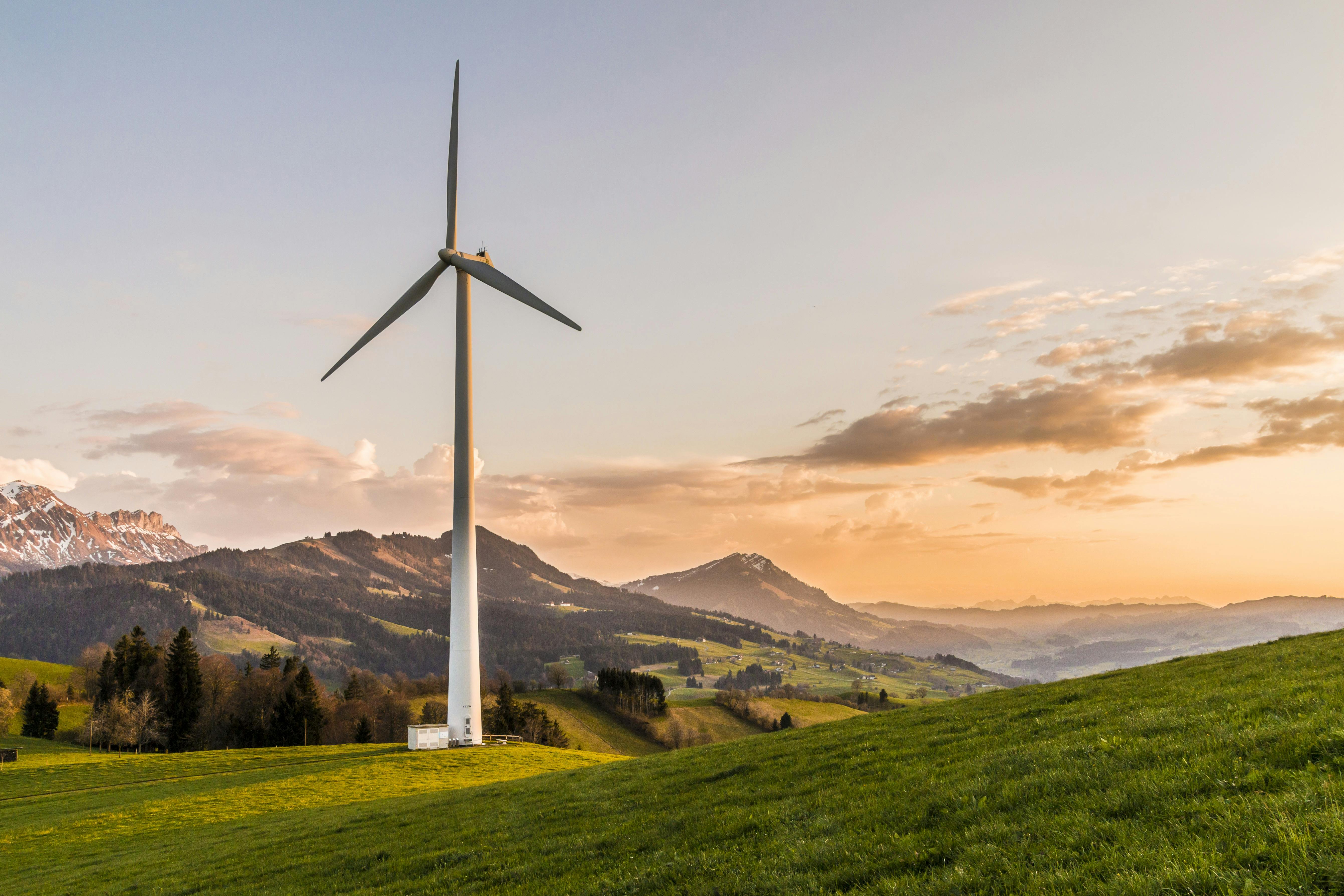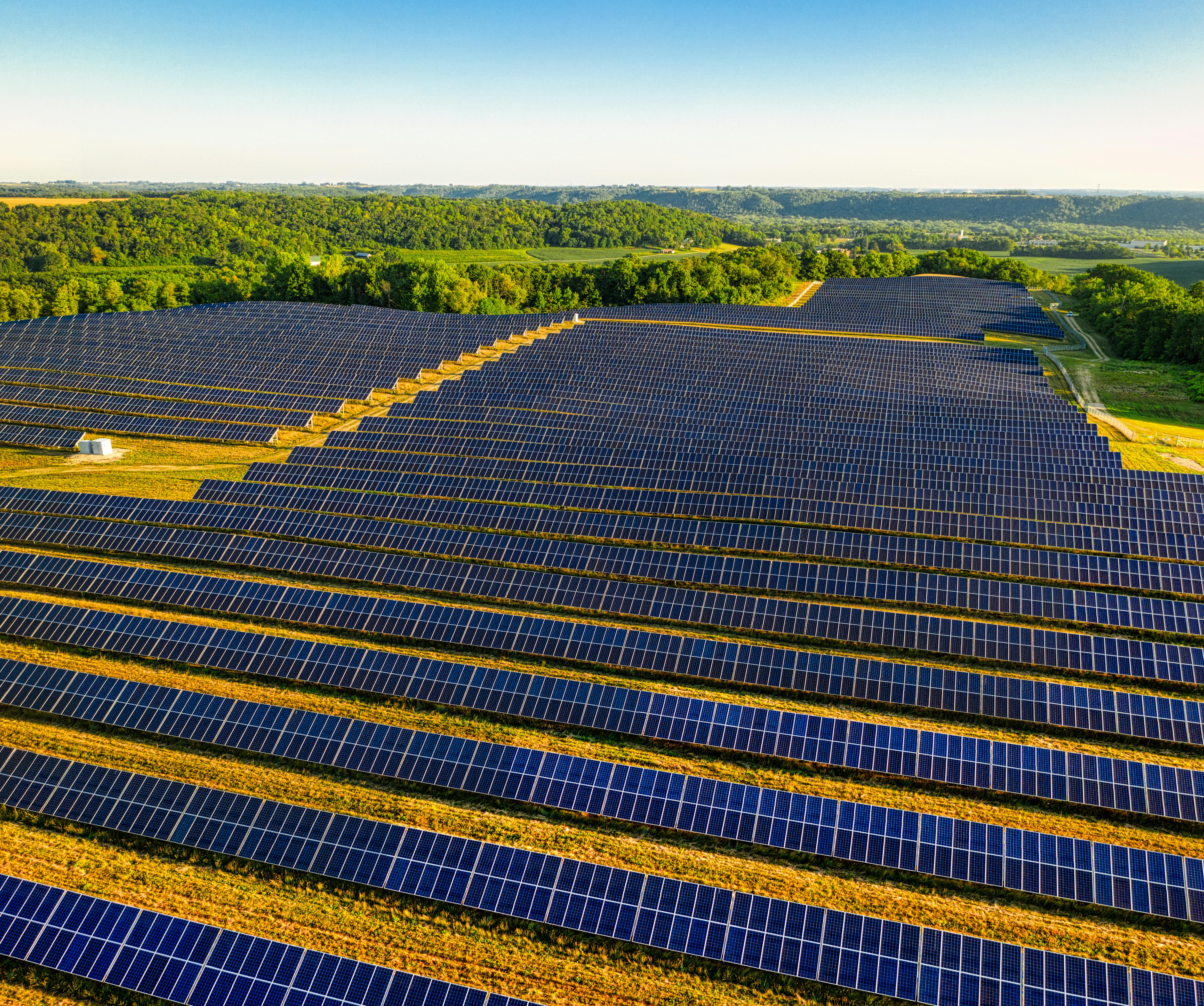


Green energy refers to energy generated from natural resources such as sunlight, wind, or water. Unlike traditional energy sources that rely on fossil fuels, green energy is typically derived from renewable sources, meaning they are replenished naturally and sustainably. While all green energy is renewable, not all renewable energy can be considered green, as the latter specifically avoids environmental harm, such as emitting greenhouse gases or causing significant ecological disruption. The essence of green energy is its minimal environmental impact, making it a crucial component in combating climate change and promoting sustainability.
How Does it Work?
Green energy harnesses renewable energy technologies, each utilizing natural processes to generate power. For instance, solar panels capture sunlight and convert it into electricity, while wind turbines use the kinetic energy of wind. Geothermal energy taps into the Earth’s internal heat, biomass energy comes from organic materials, and hydroelectric power generates electricity from the flow of water. These technologies operate differently but share the common goal of providing clean, sustainable energy.

Investing in Green Energy
The past decade has seen a significant surge in investment in renewable energy, with over $2.6 trillion allocated globally between 2010 and 2019. The declining costs of building new wind and solar capacities now make them more economically viable than constructing equivalent coal or gas plants in many parts of the world. This shift in investment has propelled solar energy to account for over 8% of global generating capacity, with wind energy close behind at nearly 9%. As the cost-efficiency and environmental benefits of green energy become more apparent, investment in this sector is expected to continue growing, paving the way for a cleaner, more sustainable energy future.
The Future of Green Energy
As technological advancements continue to drive down costs and increase efficiency, the adoption of green energy is set to accelerate. Governments and private sectors are increasingly recognizing the importance of transitioning to sustainable energy systems, resulting in supportive policies and incentives for green energy projects. The integration of smart grids and energy storage solutions further enhances the viability of renewable sources, ensuring consistent and reliable energy supply even when natural conditions fluctuate. The future of green energy is not just about replacing fossil fuels but also about creating resilient and decentralized energy networks that empower communities and protect the planet.